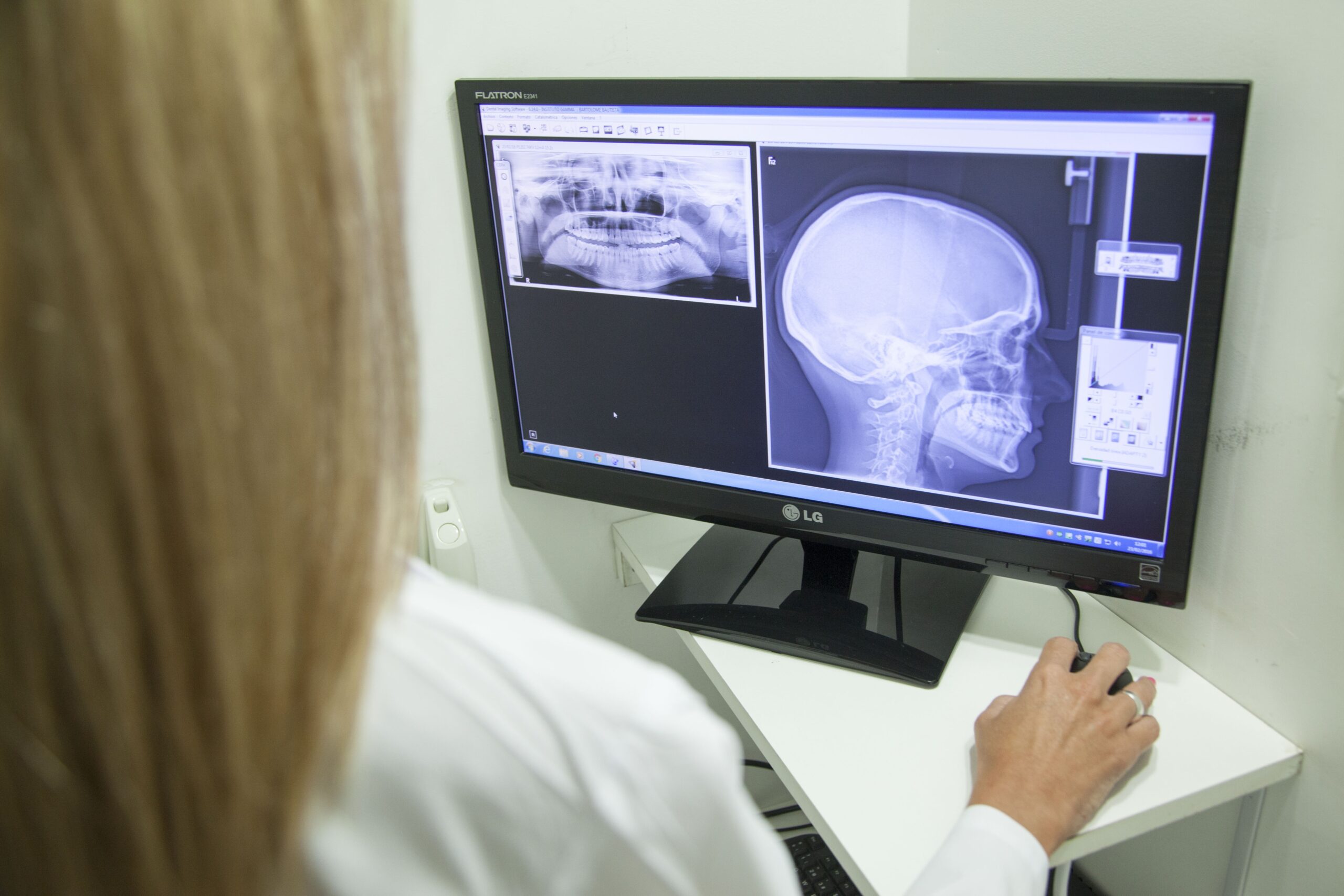Many doctors are unaware of the concept of good & bad debt, fail to save for the long-term and don’t get the right professional help developing a tax strategy. These are the 5 most common financial mistakes doctors make — and how to fix them.
Mistake 1: Taking On Too Much of the Wrong Type of Debt
It’s essential for you as a high-earner to understand the difference between good debt and bad debt.
You already know that your HELP loans are a wise investment — medical school is essential to your career as a physician, and very few people can afford to pay for medical school outright.
Private practice physicians can rejoice: interest paid on loans made to purchase investment properties, business loan interest and other money borrowed to invest is generally tax-deductible.
As a high income earner, it can be easy to fall into the trap of living beyond your means with easy access to debt such as personal loans and credit cards — and that can spell financial trouble. In contrast to the aforementioned categories, interest paid on credit cards, car loans and personal loans is generally not tax-deductible. These types of debt often come with high interest rates, as well, reducing your ability to build wealth and reduce your tax bill.
Just how much money will you be saving by making sure your debt is tax deductible? Let’s assume you have $200,000 of deductible debt, borrowed at 8% interest. With deductible debt, your tax burden will be reduced by $16,000 per year. If you’re an Australian physician making $100,000 per year, your tax burden will be reduced by a lot — you’ll go down a tax bracket and save $5,785 annually (your taxes will drop from $24,632 to $18,847)!
Swimming in non-deductible debt? There are strategies which allow you to convert bad (non-deductible) to good (deductible) debt. If you are suffering from poor debt management, it is imperative that you act now. For many, it helps to enlist a trusted financial adviser who can help you get back on track.
Mistake 2: Failing to Save for the Long-Term (and Tax Bill)
There are a number of things medical professionals should consider when it comes to saving for the long term. The average person has around 4 decades to save for retirement — but by the time physicians finish medical school, they will only have around 3 decades to catch-up to their peers. This gives doctors a shorter time period to save for retirement. Are you putting enough into a Super fund to make up for this?
Although you have a high income, with that also comes a high tax bill — especially if you are a subcontractor and taxes are not taken out of your wages each pay period. You need to be mindful of this when spending throughout the year. It would be recommended to have a tax savings account if you are in this position and to put a percentage of your income into this account over the course of the year.
Mistake 3: Not Having a Tax Strategy
Taxes are complex! You need to account for individual income, your Super fund, investments, deductible loan interest paid and rental properties. You also need to consider how to save for retirement, education expenses, and housing. Lowering your tax bill can involve implementing a smarter investment strategy and maximise your Super fund contributions. It is important to remember that your after-tax position can be improved with smart tax planning. Tax planning is complex and requires a lot of strategising, so it is best to seek help of an Accountant or Financial Adviser.
Mistake 4: Preparing Your Own Tax Return
Would you send a patient suffering from heart palpitations to a general practitioner, or to a cardiac specialist?
Just like the human body, tax regulations are complicated. The code is forever changing — keeping up can be time consuming and complicated. If you choose to file your own return, you may be missing out on many tax deductions for doctors and cost yourself a lot in the long run.
Filing and preparing a tax return is something that is best left to the professionals, especially if your financials are complicated, as they can help you maximise your tax savings.
Mistake 5: Working with the Wrong Financial Advisor or Accountant
All doctors can benefit from working with a financial advisor no matter what stage of their career they are in. It is important you select the right financial advisor and accountant for medical professionals. Financial and accounting generalists may lack the knowledge and skills to deal with concepts such as Medicare fees and out-of-pocket gaps, along with the many complexities associated with running a medical practice. This can potentially mean you will get stuck with a larger tax bill. Medical financial specialists have a better understanding of allowable deductions for doctors and medical specialists. They will also know more about tax-effective structures for doctors such as service and investment trusts.
It is essential to understand the concept of good & bad debt, saving for the long-term with a tax strategy in place. Nitschke Nancarrow specialises in accounting, tax and financial advice for medical professionals. Contact us now for a no obligations discussion about your needs.














